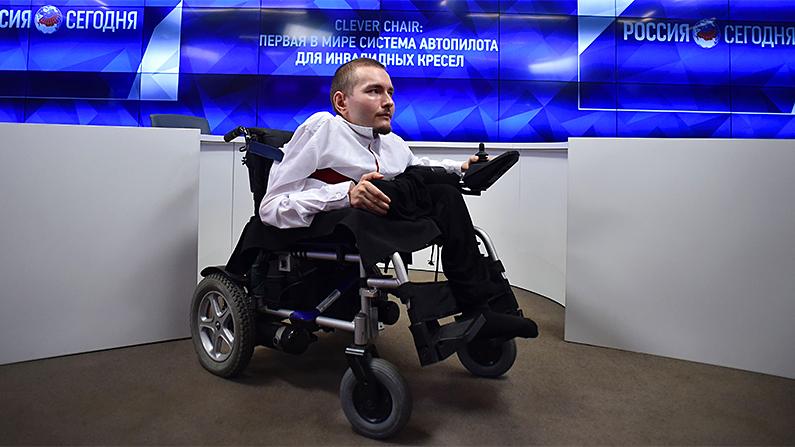The man who volunteered to be the first to have his entire head transplanted to a new body never got the surgery—but he has a new and improved life nonetheless.
Valery Spiridonov has suffered all his life from Werdnig-Hoffmann disease, which causes his muscles to atrophy. He cannot stand up, let alone walk. He has spent most of his life trapped in a wheelchair.





